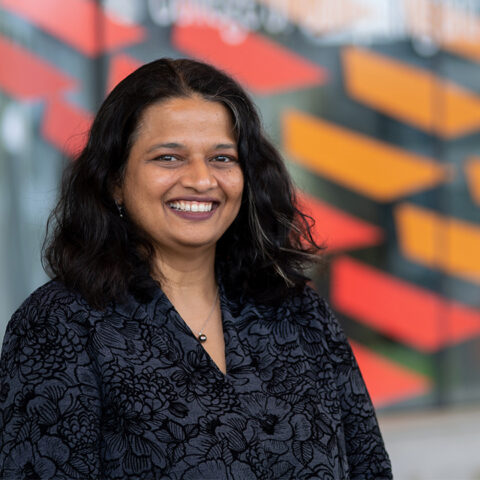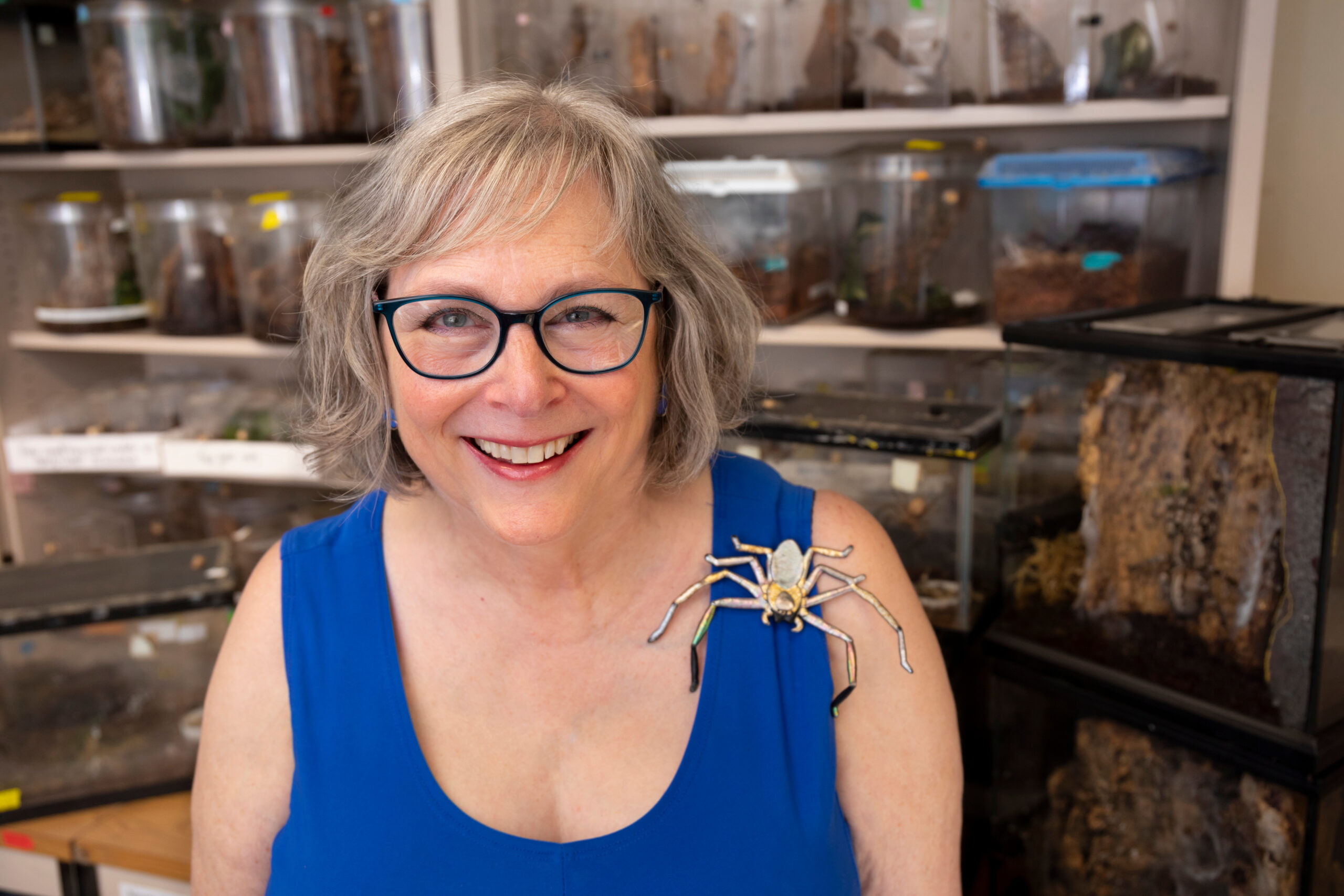CAPE Lecture Series
Spring 2026 Lectures
The Future of the American University
Kavita Bala, University Provost, and members of the Provost’s Committee on the Future of the American University
Thursday, Feb. 19th from 11:00-12:00pm- In Person & Zoom
*There will be interactive group discussions in person and on zoom throughout the event.
Description: In fall 2025, Provost Bala appointed a faculty-led Committee on the Future of the American University to explore how the university can evolve to best serve future generations while pursuing its core mission of education, scholarship, public impact, and community engagement. For centuries, universities have been committed to seeking truth, advancing discovery-based knowledge and creative expression, educating future generations, and serving the broader society. Today, three core issues offer challenges and opportunities:
- A crisis of public trustin institutions of higher learning, fueled by concerns about costs, value, public access, and viewpoint diversity
- Shifting university–government relations, disrupting longstanding arrangements that have fueled discovery and innovation while drawing outstanding scholars to universities from around the world
- Rapid technological change, including the emergence of artificial intelligence, reshaping the behaviors, attitudes, cognition, and skills of the coming generation
Join Provost Bala and members of the committee to hear more about their work and to share your perspectives on the future of higher education and Cornell.
Bio: Kavita Bala is a computer scientist, entrepreneur, and professor. She became the 17th provost of Cornell on January 1, 2025. In this role, she acts as the university’s chief academic officer, chief budgeting officer, and first deputy officer to the president and works to enhance the university’s excellence in teaching, scholarship, and outreach. Learn more about the Committee on the Future of the American University at its website.
Sharing a passion for nature and science
Dr. Linda S. Rayor, Emerita faculty, Dept. Entomology
Thursday, March 19th from 10:30-11:30pm- In Person & Zoom
Description: Dr. Rayor’s career is a Ven diagram linking explorations in the behavior of spiders, sharing a passion for biology with the public, and watching wildlife around the world. She will discuss the value of reaching the public by making science accessible, using spiders as a gateway into science, and her discoveries of social behavior in large, fast spiders.
Bio: Dr. Linda S. Rayor recently retired from the Department of Entomology at Cornell University after 31-years. Her behavioral ecological research has focused on social evolution, life-history, and physiology in Australian and SE Asian huntsman spiders. Dr. Rayor is the current Past President/ Director of the American Arachnological Society. She has taught Spider Biology, Social Animal Behavior, and a course on how to do effective science outreach, the Naturalist Outreach Practicum. Engagement in science communication and outreach characterize Dr. Rayor’s career, including a 26-yr STEM outreach program for Cornell students to go into CNY schools, started Insectapalooza, has given 75+ popular lectures on spiders, and developing the exhibit ‘Arachnophilia: A passion for spiders’ at Mann Library. Her larger scale international highlights include starring in two seasons of Science Discovery Channel’s ‘Monster Bug Wars’ about predatory arthropods, and, since 2017, she has worked on the Australian Museum’s blockbuster traveling exhibit, ‘Spiders: From Fear to Fascination’, which is currently touring North America. She and her husband, Cole Gilbert, have led 12 wildlife-oriented tours for CAU (Cornell’s Adult University with upcoming trips to Madagascar and Tanzania.
How to Attend
In Person
Auditorium at Kendal of Ithaca (2230 N Triphammer Rd, Ithaca, NY 14850)
Come 30 minutes prior for refreshments and great company!
Join by Zoom
The Zoom link will be sent to CAPE members via email.
Instructions
- Instructions to use Zoom with a CU NetID
- Instructions to use Zoom without a CU NetID
- Cornell IT Zoom webpage for further troubleshooting
Watch the Recording Later
Videos of lectures are available approximately 3 weeks after the event.
CAPE Lecture Videos – Fall 2022 to present
Visit CAPE’s YouTube channel to watch CAPE lectures you may have missed.
Past CAPE Lectures
Less Than Zero: Rethinking STEM Literacy – Charles Van Loan, Professor Emeritus, Computer Science
What a Good Conversationalist Is…and is Not–
Thomas D. Gilovich, Irene Blecker Rosenfeld Professor of Psychology
Covid, Climate, and Crops: Why the World Needs GMOs – Sarah Evanega, Adjunct Associate Professor, School of Integrative Science
The Resurgence of Memory: The Living Legacy of the Triangle Shirtwaist Factory Fire – Elissa Sampson, Jewish Studies Program
Freshkills: A New Concept of Wilderness – Jade Doscow, Photographer-in-Residence, Freshkills Park, New York City
Lamentations: A Novel of Women Walking West– Carol Kammen
Cybersecurity in War and Peace – Tracy Mitrano, Information Science
Bitcoin and Beyond — Maureen O’Hara, Johnson School of Management. Slides are here.
Photograph Collections at Cornell — Kate Addleman-Frankel, Curator of Photography at the Johnson Museum.
Evolution of Bird Brains and Evolution of a Career – Timothy DeVoogd, Professor-Dept. Psychology & Field of Neurobiology and Behavior
How Natural History Museums Are Revolutionizing Science – Director and Curator Corrie Moreau
2020 Census: Challenges and Controversy – Warren Brown, Cornell Institute for Social and Economic Research Program
Words Matter: Labeling Disputes – Sally McConnell-Ginet, Professor Emerita, Linguistics.





